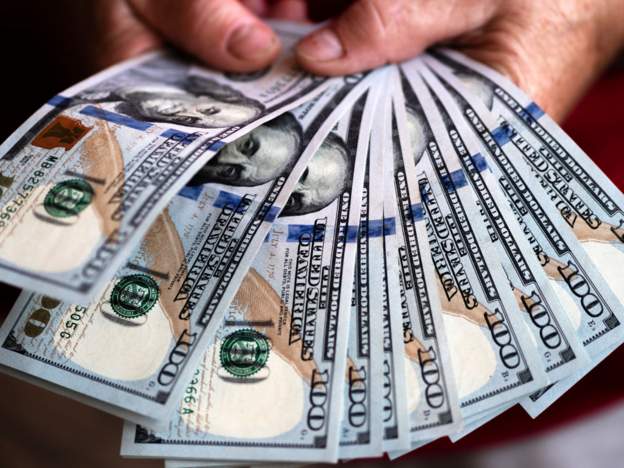Nigerian manufacturers are raising the alarm over what they describe as aggressive tactics by banks regarding unresolved foreign exchange forward contracts facilitated through the Central Bank of Nigeria (CBN).
These contracts, remnants of Nigeria’s now-defunct fixed exchange rate system, have left many manufacturers exposed, with the Manufacturers Association of Nigeria (MAN) reporting that members are facing punitive actions such as account freezes due to the unsettled obligations.
In a statement, the Lagos-based group decried what it called “unjust and excessive actions” from banks.
“Our members continue to encounter unjustified complications and harsh treatment from their lenders,” the association noted.
Attempts to get a response from the Bank Directors Association of Nigeria yielded no result.
The situation traces back to the CBN’s previous approach of allocating limited U.S. dollars to businesses at a controlled exchange rate—keeping the naira artificially strong. That policy was phased out following President Bola Tinubu’s economic reforms in 2023, but the backlog of unsettled dollar obligations continues to disrupt the business landscape. The naira has since depreciated by roughly 70% against the U.S. dollar.
Under the former system, businesses purchased forward dollar contracts through banks, which then secured the foreign currency from the CBN in return for naira. When those contracts matured, companies expected to receive the dollars as agreed—but the central bank has reportedly failed to deliver, and now commercial banks are pushing companies to source the dollars independently.
As of August, MAN reported that $2.4 billion in forward contracts remained outstanding. While the CBN previously announced it had cleared $7 billion worth of obligations by March, it initially challenged MAN’s figures before agreeing to investigate and address valid claims.
“We renew our appeal to the Central Bank to swiftly resolve the pending forward contract settlements,” MAN stated. “Our members deserve fair treatment, not intimidation.

